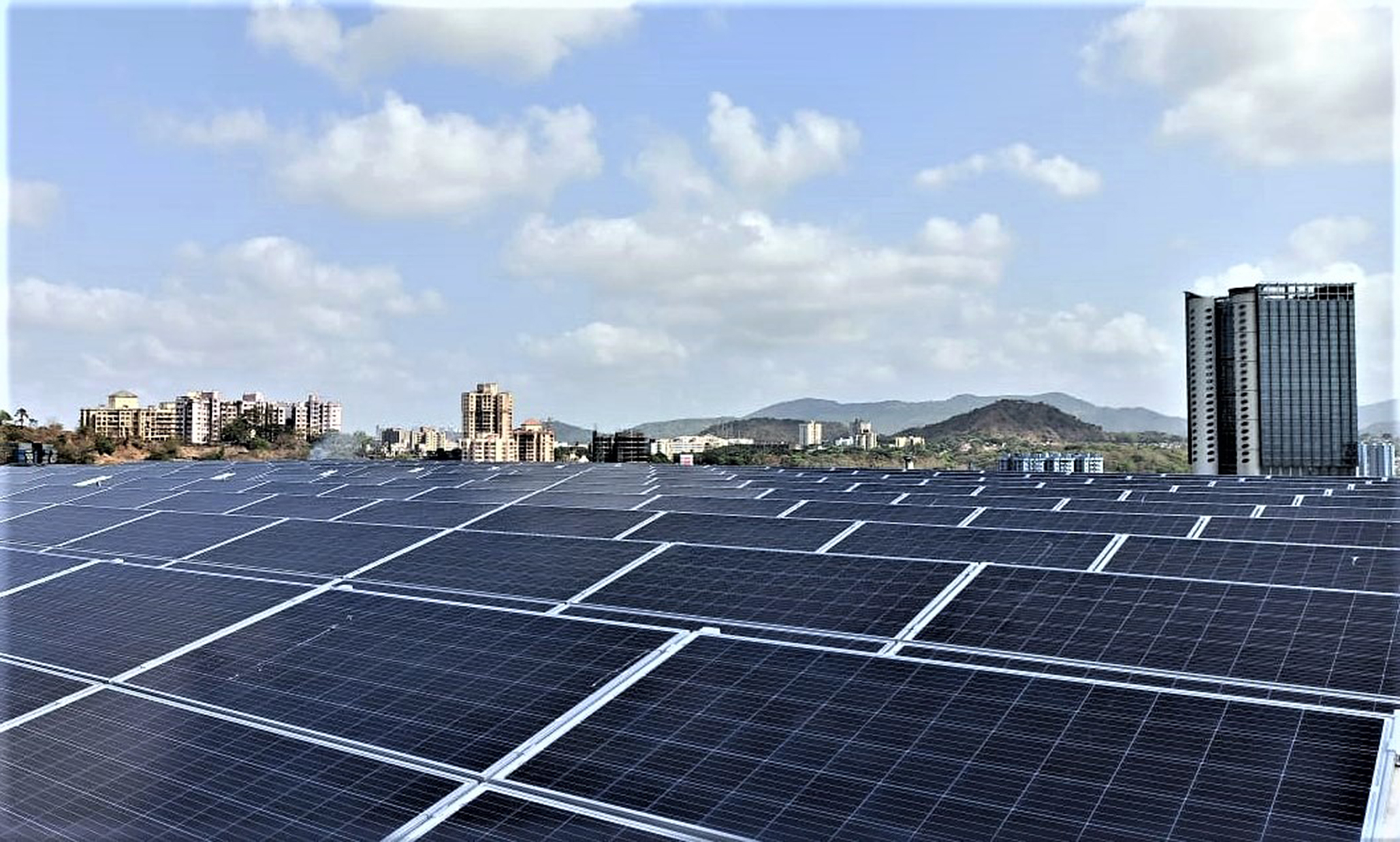There has been tremendous growth in the Renewable Energy (RE) sector worldwide. The expandability of the renewable sector has been conceptualized to undergo digitally. The digital transformation in the energy sector, for the past few years, has picked up the pace to address issues like safety, productivity, accessibility and sustainability in the renewable sector.
The digital RE is also proving to be the stepping stone to facilitate a peer-to-peer connection in the market. In digital RE, to engage all the market players with each other, the concept of blockchain is being thought to be incorporated.
The Energy sector decision-makers and utility companies have asserted that blockchain technology could be a boon in the Renewable energy sector. To understand the positive impact of blockchain technology in the RE sector, let’s first get into the basic understanding of the blockchain concept.
Blockchain is the shared and distributed data structure or ledger in digital transactions. These are the blocks of algorithms containing data of transactions having each block tied up with each other via a special function called a hash function (function of connecting data structure blocks) which is shared in an encrypted format.
The data is accessible to each ledger holder involved in the transaction. The activity is done among the ledger (data structure) holders in the chain. Each entity is liable to edit the data present in the ledger as per the blockchain prescribed standard. The computers involved in the calculations to create data of the transaction, perform separately in the network.
So, it paves the way for the transactions to be exercised flexibly. Now to bring the emerging technology into implantation in the Indian market, strict commitment to serve the most volatile renewable sector most efficiently is needed.
The utility of blockchain could be brought in various business operations and processes like billing (to facilitate the concept of pay-as-you-go in energy transaction in the market), sales and marketing (to boost up the practices knowing the energy prosumer profile), smart grid application, and data transfer (to maintain the data transfer most transparently), trading and markets (to increase the credibility of the energy certificate trading), automation, grid management, security, and identity management, sharing of resources, competition, and transparency.
The wholesale energy market has many incongruities. When transactions occur between two parties in the market, several arbitrators are involved to come to the final settlement. The deal between the parties has to go through a verification process in which the third party has to be involved.
Unless and until the final settlement is reached, the process gets entangled in the verification circle. Blockchain helps expedite the transaction between the two parties and final settlement is reached most probably. The imbalance in the settlements is alleviated by blockchain.
The present system of the energy sector is centralized due to which the prosumer’s and consumers’ direct connection is yet to be formed. It’s due to persisting challenges like transaction efficiency, security and data transparency in the Indian energy market.
The blockchain is a data-driven technology that helps create a very transparent process in data sharing among the peers involved in the system and sort out the challenges persisting in the energy market. Due to the restricted exposure of nascent players in the Indian energy market, the consumer has to rely on a few available options.
To make the RE sector customer-driven, the most robust system like blockchain is required to streamline the process in the energy sector. As far as the Indian scenario is concerned, a deep understanding of the conventional system is a prerequisite to bringing blockchain into the executable stage.
Though there are challenges in blockchain technology like power consumption and heavy hardware requirements, in the coming future, the technology is expected to pick up the market reliably. With the extensive research work being undergone in blockchain technology, recently few developed countries have started incorporating it in their renewable energy market. There would be an opportunity in India to adopt the blockchain and grow building up a peer-to-peer connected market in the most effective way.







Leave a Reply